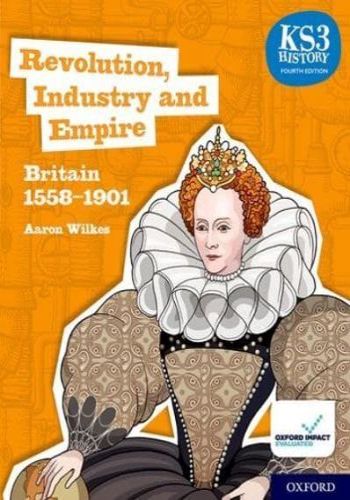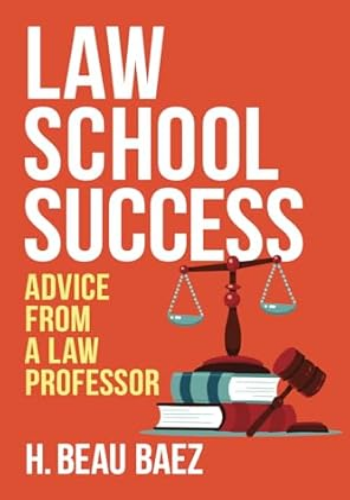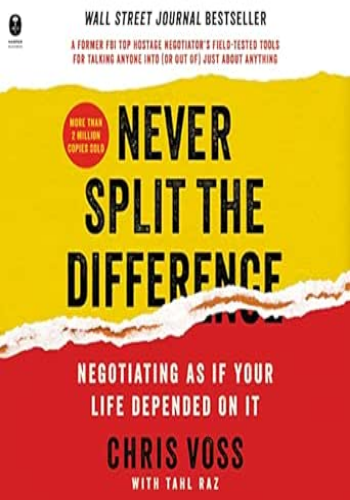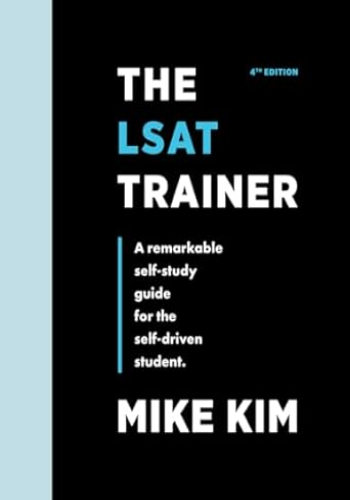The fourth edition of Revolution, Industry and Empire is Book 2 of the best-selling Oxford KS3 History by Aaron Wilkes series. It covers British history during the Tudor, Stuart, Georgian and Victorian periods, including social and cultural history, the Civil War and Cromwell, the Restoration, the Industrial Revolution, public health, slave trade, and the rise of the British Empire. This textbook introduces the history content and skills needed to support a coherent knowledge-rich curriculum, prepares students for success in Key Stage 3 History, and builds solid foundations for GCSE study: - Carefully designed content and assessments support student progression throughout the textbook series - Historical sources and interpretations are presented with clear provenances - 'Over to you' activities for every lesson check students' knowledge and understanding, and are ramped in difficulty to build confidence - Step-by-step guidance on key History skills provides scaffolding to introduce students to the skills needed for further study - Literacy focus feature helps improve students' essay writing skills and grammar - Complete assessment support, including quick knowledge quizzes and exam-style assessments - This textbook retains Aaron Wilkes' unique and engaging style, shown in recent research to inspire and motivate young historians - Revolution, Industry and Empire Kerboodle: Lessons, Resources, Assessment offers a digital subscription packed full of customisable interactives, worksheets, animations and automarked assessments.







